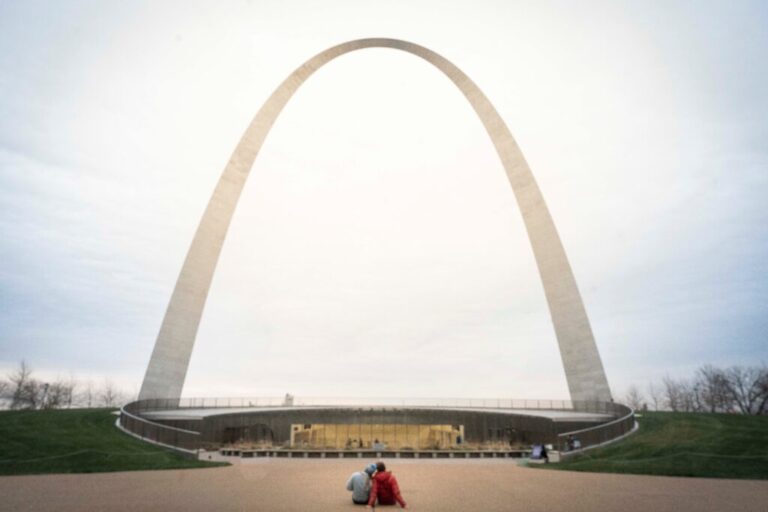Missouri's small cannabis business licensing program was designed to help victims of the war on drugs, but it has been mired in controversy as out-of-state companies and industry players exploit local applicants to grab licenses.
A recent investigation published in the Kansas City Star revealed that nearly half of the social equity licenses granted in the Kansas City area were given to companies registered out of state, including several “secretive” limited liability companies based in Wyoming where ownership information was hidden.
The development has raised concerns about predatory practices and whether the licenses are truly benefiting disadvantaged communities.
One well-known case involves Destiny Brown, a disabled military veteran who was employed by cannabis investor Michael Harrow.
Although Mr Harrow promised financial assistance to run the pharmacy, Mr Brown later discovered that the fine print in the contract gave Mr Harrow complete control of the business.
“Because Mr. Harrow could not hold a license directly due to his felony record, he used Mr. Brown's qualifications as a cover to obtain a license. When Mr. Brown discovered this, he hired an attorney and filed paperwork with Missouri regulators, which resulted in the revocation of six licenses linked to Mr. Harrow.”
This exploitation is not an isolated case: out-of-state companies have flooded the social equity licensing process, submitting hundreds of applications, often misrepresenting themselves as disadvantaged individuals in order to obtain a license.
In fact, earlier this year, Missouri regulators revoked nine of 48 social equity permits that had been granted after discovering similar predatory arrangements involving companies in Arizona and Michigan.
The Kansas City Star reported that 15 small business licenses have been awarded in the Kansas City area, half of which were to out-of-state companies, raising further questions about the program's credibility.
In response, the Missouri Department of Health and Human Services (DHSS) is currently conducting a two-month verification process to ensure awardees meet eligibility requirements.
Despite these efforts, critics worry that a third round of social equity licenses, scheduled for 2025, will face the same problems as the first two rounds, when local applicants were overshadowed by wealthy out-of-state interests.

